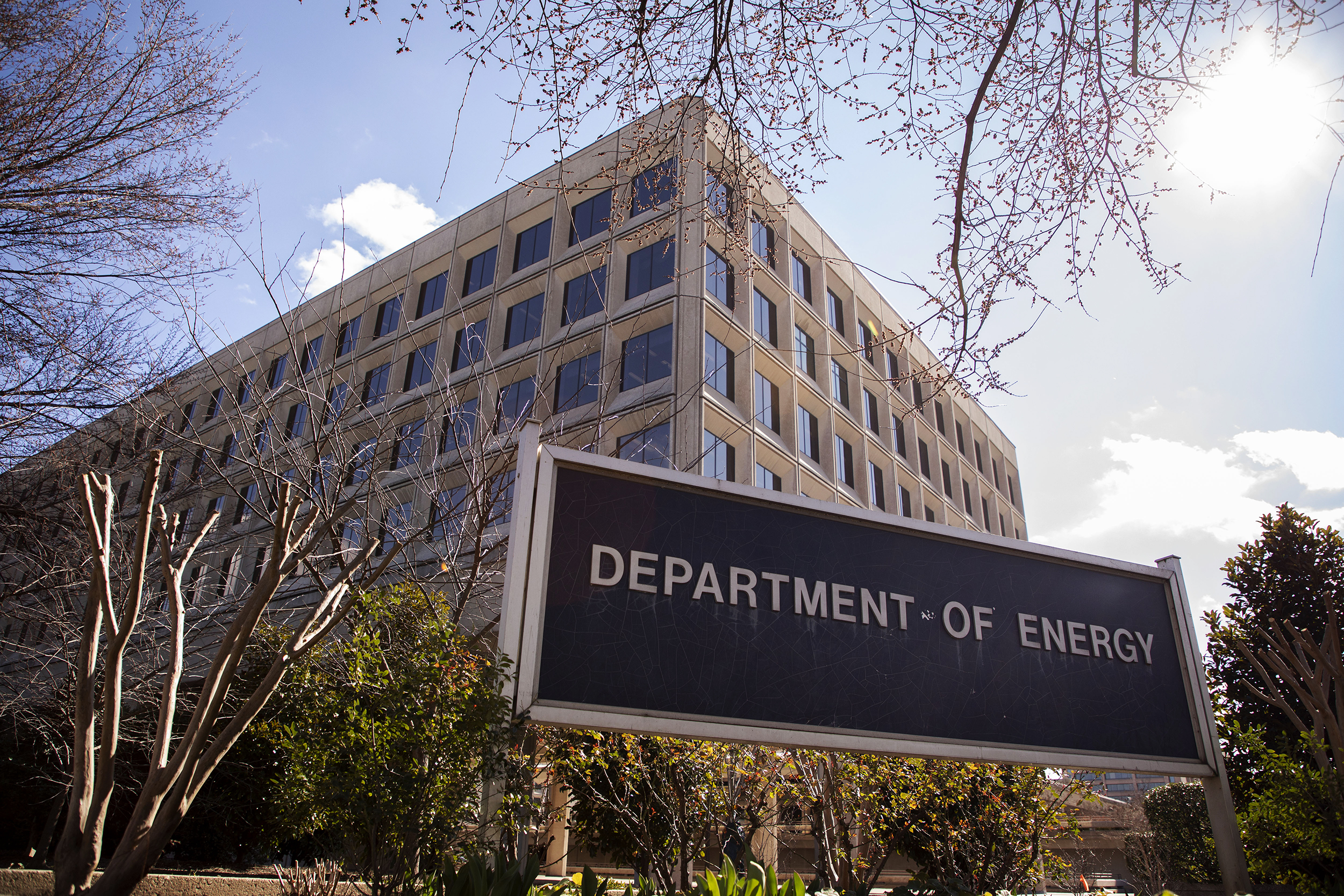
(DOE, 26.Jan.2024) — The United States Department of Energy (DOE) today provided notice that it will initiate a process to update the assessments used to inform whether additional liquefied natural gas (LNG) export authorization requests to non-Free Trade Agreement countries are in the public interest.
The United States is the global leader in LNG exports with 14 billion cubic feet per day (Bcf/d) in current operating capacity and 48 Bcf/d in total authorizations approved by DOE to date, over three times our current export capacity. DOE has been given the responsibility by Congress to evaluate the public interest of proposed exports to countries with which the United States does not have a Free Trade Agreement.
As the natural gas sector has transformed over the past decade, DOE must use the most complete, updated, and robust analysis possible on market, economic, national security, environmental considerations, including current authorized exports compared to domestic supply, energy security, greenhouse gas emissions including carbon dioxide and methane, and other factors. Today’s action will begin an update of this analysis, and until updated, DOE will pause determinations on pending applications for export of LNG to non-Free Trade Agreement countries.
“This administration is committed to the affordability of energy and economic opportunities for all Americans; strengthening energy security here in the US and with our allies; and protecting Americans against climate change and winning the clean energy future,” said U.S. Secretary of Energy Jennifer M. Granholm. “This practical action will ensure that DOE remains a responsible actor using the most up-to-date economic and environmental analyses.”
Consideration of these factors is not new: These are the same categories that DOE has considered when evaluating the public interest of LNG exports for more than a decade. But the data and global circumstances relevant to these factors has changed over time, and DOE must reflect these changes when applying the factors to a new public interest determination.
This temporary pause on pending applications will not affect already authorized exports, which total 48 Bcf/d. It will also not impact our ability to supply our allies in Europe, Asia or other recipients of already authorized U.S. exports. Last year, over 60% of U.S. LNG exports went to Europe, and we have worked with European countries to successfully economize consumption and manage their storage to ensure that Russia cannot threaten their security of supply. Within this decade another 12 Bcf/d of U.S. export capacity already authorized and under construction will come online – enabling exports to nearly double and putting the US on track to exceed the export capacity of any other country by more than 50%, even taking into account planned global LNG expansion capacity.
This increased capacity has and will continue to support our European, Asian and other allies. Just as it has since 2022 when US LNG played a critical role in helping Europe backfill its lost gas supplies from Russia and reduce its energy dependence following Putin’s invasion of Ukraine.
To ensure the Department is utilizing the most concrete and robust information, DOE will include the expertise of our national laboratories to help inform and conduct analysis for this update.
As the LNG market and related issues are dynamic—including economic, climate change, and global energy security considerations—DOE’s LNG program will continuously evaluate evolving national and energy security, economic, environmental, and other factors. The pause, which is subject to exception for unanticipated and immediate national security emergencies, will provide the time to integrate these critical considerations.
____________________

